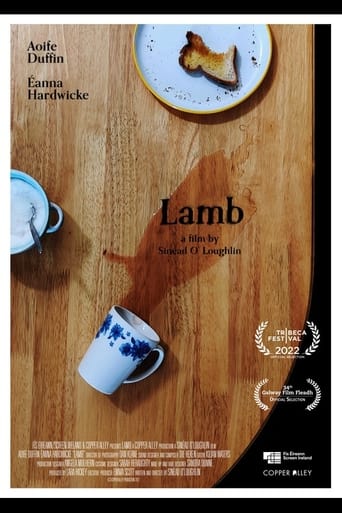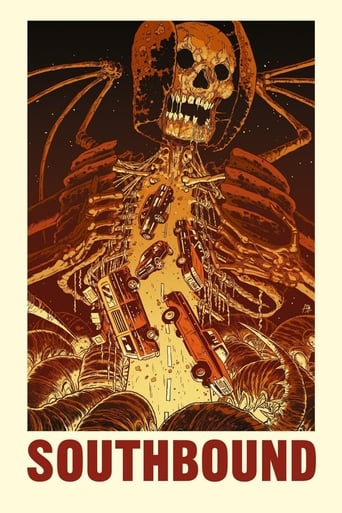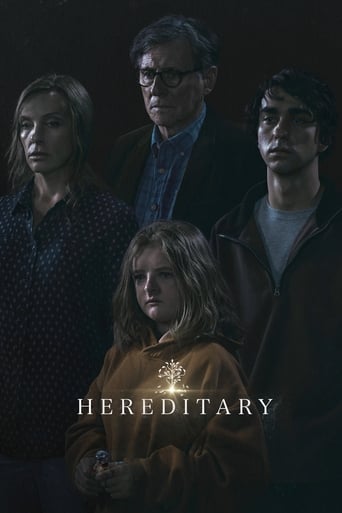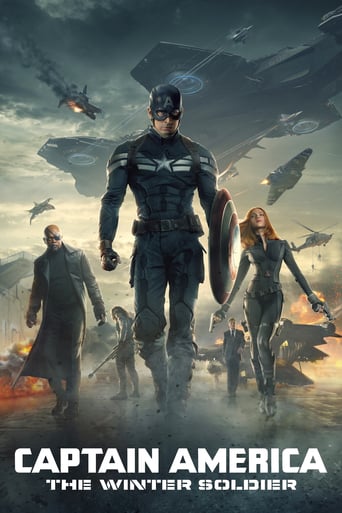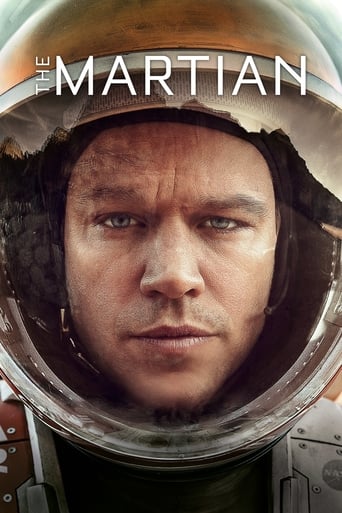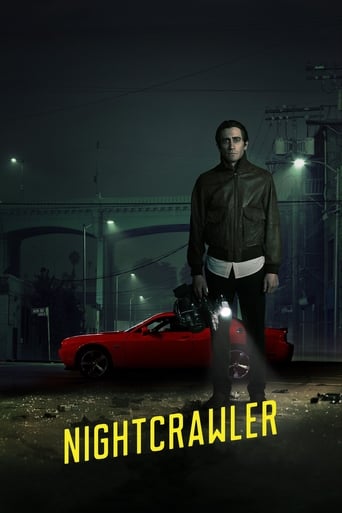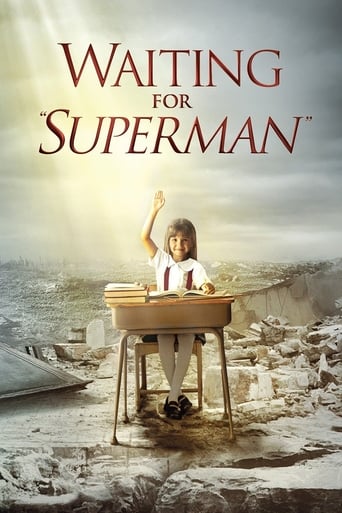


Waiting for "Superman"
Gripping, heartbreaking, and ultimately hopeful, Waiting for Superman is an impassioned indictment of the American school system from An Inconvenient Truth director Davis Guggenheim.
-
- Cast:
- Jonathan Alter


Similar titles
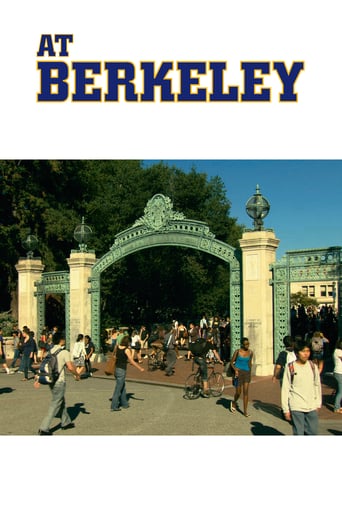

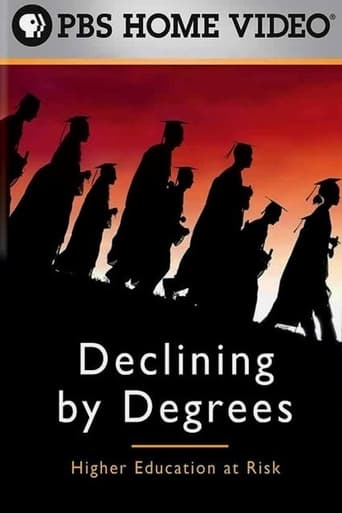
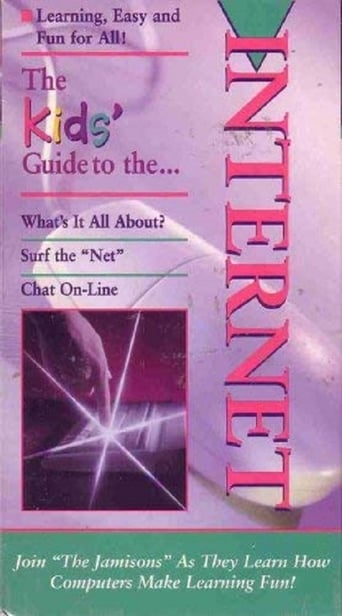
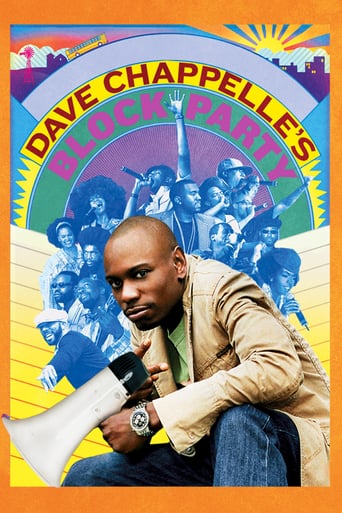
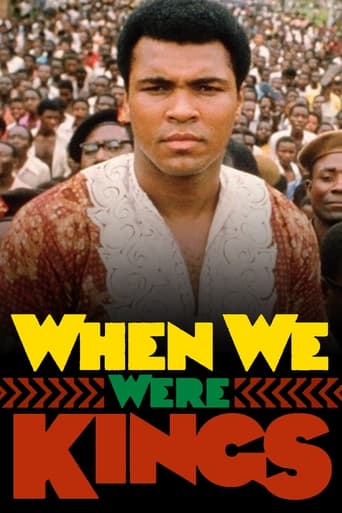
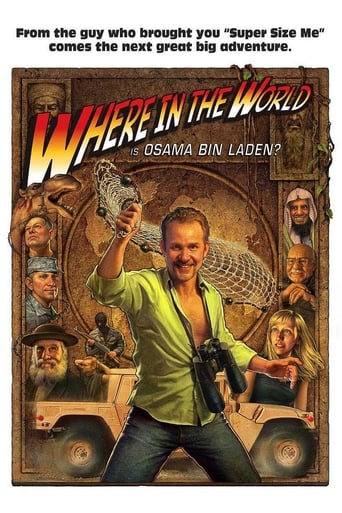
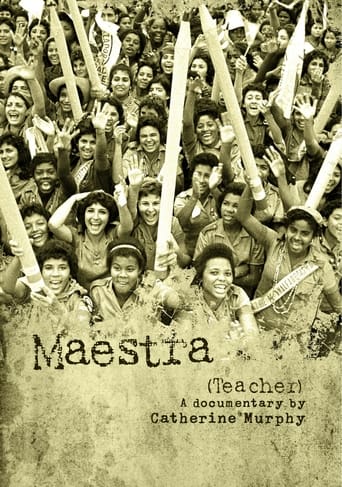

Reviews
Lack of good storyline.
I wanted to but couldn't!
Each character in this movie — down to the smallest one — is an individual rather than a type, prone to spontaneous changes of mood and sometimes amusing outbursts of pettiness or ill humor.
what a terribly boring film. I'm sorry but this is absolutely not deserving of best picture and will be forgotten quickly. Entertaining and engaging cinema? No. Nothing performances with flat faces and mistaking silence for subtlety.
Everyday for five days out of the week children are sent to school to receive an education. The students and parents put faith into the school system hoping that it will provide their kids with a bright future and a successful life. Unfortunately for some families the school system has failed to satisfy to fulfill the faith and hopes of parents and students even after all the many years of what seems to be useless reforms. In the 2010 film Waiting for Superman directed by Davis Guggenheim multiple interviews are conducted to explore the educational system in America through interviews of San Diego students, Washington students, New York students, educational reformers, parents, and teachers. I would rate this film four stars out of five because it portrays the educational system for the way that it truly is while reaching out to the viewers that it is time for a change. The film begins by pointing out the biggest problems in the educational system- we lag behind globally in test scores, the achievement gap is growing, and reforms are failing. According to statistics, the top performers that scored the highest on math and reading test allowed the U.S to rank 25th among other countries. The movie puts emphasis on the fact that the schools are creating bad neighborhoods not that the neighborhoods are creating bad schools. If students are not building up successful individuals then they will not productively give back to the community. The achievement gap in America has been stagnant separating the wealthy from the poor. The poor usually struggle in school and go to schools labeled as "failure factories" because they have low graduation rates and usually teachers who either struggle to help students or teachers who could care less considering the fact that tenure is automatically granted to them. Low performing students in good wealthy public or private schools struggle to catch up so that they don't lag behind, but have a greater chance of graduating just because they go to a rare wealthy school. The reforms are failing starting with No Child Left Behind and all others that resemble it because ultimately they are measuring test scores instead of promoting learning. When watching this movie I was able to believe that it was interesting starting off , but sometimes the order that they explained events made me confused at times. Like sometimes the film would have interviews , then they would just have the narrator giving context and explaining statistics about the schools, or they will give mini history lessons and flashbacks about the system. I enjoyed the ending because it all ended with the lives of the students being explored just as they had explored their lives in the beginning of the film .I believe that this film is great because it sheds light on everything that is happening in the educational system. I even cried during this movie because the pressure that families feel from the school system and the barriers that they face almost seem impossible to overcome.I was appreciative that the movie provided more information on the complexity of the school system like teachers unions and other reforms. I was not happy that they movie did not show or give any possible solutions after proposing about two hours of issues. Ultimately the movie is worth watching because it will educate you and allow you to see things from a different perspective about the educational system in America.
Educator Geoffrey Canada was told by his mother in the 4th grade that Superman is not real. There is no omnipotent person coming to save the good people. The public education system is overcrowded and failing. Money spent on each student has doubled over time but the results have lagged behind. This movie follows several students and their struggling lower-class families across the country. The politicians keep trying including no child left behind. It is bad teachers, bad systems, and union imposed tenure. It examines dropout factories. There is Michelle Rhee, the public school Chancellor in D.C. The big baddies in this movie are definitely the unions. It does take a rather black and white position. Canada would open a charter school in poor-performing Harlem. The most compelling scene is probably families waiting with baited breathe during the lottery to get into a charter school.
America's children are in danger; not physically but intellectually. We've all heard about the statistics: students dropping out, falling behind on math and science test scores compared to other countries, and many schools closing because they lack funding. Davis Guggenheim, documentary filmmaker of Waiting for 'Superman', investigates the ways in which the American public education system is failing our children. Along with his investigation, he has explored a recently new type of school that has improved many children's ability to learn; charter schools. Specifically, the documentary follows five students with different dreams and hopes of being lucky enough to get picked at a lottery. This lottery ticket is a pass to a better performing school that will increase their chances of graduating and becoming better prepared for college. 'Superman' has the power to open the viewer's eyes to a systems that is putting children's entire future at stake depending on a ball that falls through a hole. Guggenheim explores possible ways in his film to improve America's public education before it is too late. Throughout the film, Anthony, Daisy, Francisco, Bianca, and Emily are portrayed as victims of these failing school systems. Along with these students are their families with different socioeconomic backgrounds which have faith and hope that their child will be "lucky" enough to be one of the numbers that are picked randomly at the lottery. By winning the lottery, a spot at a charter or magnet school will increase their chances of them graduating high school compared to the dropout factories they are in now and therefore making it to college. But these children's desire and hope for their future should not be determined by a lottery. Every child deserves a future that they seek and look forward to; not something that may not even be tangible. One of Guggenheim's main argument throughout the documentary is that it has become impossible to fire a teacher in the public education system once they've become tenure after teaching just for two years. The bigger problem here is that many teachers once have received tenure do not care to further educate or teach their students since it does not matter what they do or what they don't do; they will be teachers for life. Guggenheim presents saddening facts that in Illinois, 1 out of 57 doctors lose their medical license, and 1 in 97 attorneys lose his or her law license, but only 1 teacher in 2500 has ever lost his or her teaching credentials. He blames the powerful American Federation of Teachers because although some teachers have no shame of informing their students that they have no intention of teaching, any move to discipline incompetent teachers is always met with fierce resistance. Guggenheim's argument is a strong one here because a student's education that is worth something begins with a good teacher. If teachers with tenure have no intention of actually teaching their students, because at the end of the day they will still receive a paycheck, something needs to be done. Becoming easier to fire teachers and replacing them with other teachers that want to teach for the sake of children in America can begin making a big difference in test scores and students view on their education. If children have teachers that do not only teach well but also ones that believe in them, it is more likely for them to believe in themselves. Also,Guggenheim argues that good and quality education is very possible for even those who are the most disadvantaged and live in poor neighborhoods. It was believed that bad neighborhoods usually meant bad schools, but recently the tables have turned and bad schools are usually the cause of bad neighborhoods. But children that are not being picked at lottery's have little to no future at all. These students then have a higher chance of dropping out and becoming criminals as their desperation of not finding a job begins. He presented a statistic that blows my mind; Guggenheim said that it would be cheaper to send dropouts to private school and improve their employment chances than to pay for the stay in prison. Sadly, in about 10 years, there will be twice as many well-paying jobs in America as Americans that are qualified to fill them. Although the American public education system is one that needs a lot of improvement, there is still those who have a lot of hope for it. This film introduces Geoffrey Canada, the president and CEO of the Harlem Children's Zone, a children's district that was intentionally built in the worst neighborhood in New York and has already impacted many children's education. Michelle Rhee is another big part of this film as she struggles till this day as the embattled chancellor of Washington D.C.'s struggling schools. She summarizes the problem by saying, "public schools fail when children's education becomes about the adults." These two advocates along with many other presented in 'Superman', America's public education can once again become the educational system that was admired by the whole world.Works Cited Waiting for 'Superman' Dir. Davis Guggenheim. Perf. Geoffrey Canada and Michelle Rhee. 2010. Documentary.
Because I only watched the first 15 minutes this review should be taken with a very substantial grain of salt. The RT rating is 89, so critics thought it was very good. But to me it was unbearable. It begins with every cliché of the US education documentary: the brilliant black educator who thought he could change the schools in a few years and finds out how hard it is; a black-and-white film clip from the Fifties of stuffy white men looking like idiots (really, what's that supposed to tell us?); and cute, earnest inner-city kids with great Moms who are just having a hard time in this economy. Well, I went to school with inner-city kids; they were neither cute nor earnest.The one interesting note was when the filmmaker tells us that he sends his own kid to private school. It's an honest moment, but what are the implications of that? Maybe he examines them later in the film, but 75% of the problems of American public education would be solved if we closed the private schools and forced the children of the upper-middle- class to go to school with inner-city kids. That's what they did "when I was a boy"; but we had tracking, and that meant all the Jewish kids were in the 1 class and all the black kids were in the 4 class. (They started mixing up those numbers, and a 3 class could have smarter kids than a 2 -- as if that fooled anybody). But at least the schools were clean and safe because middle-class parents wouldn't have it any other way. Nowadays that kind of segregation would horrify everybody (and maybe rightly so), so the upper classes segregate themselves. Demand that they put their kids back in the system and you'll see just how much better public schools can be.


